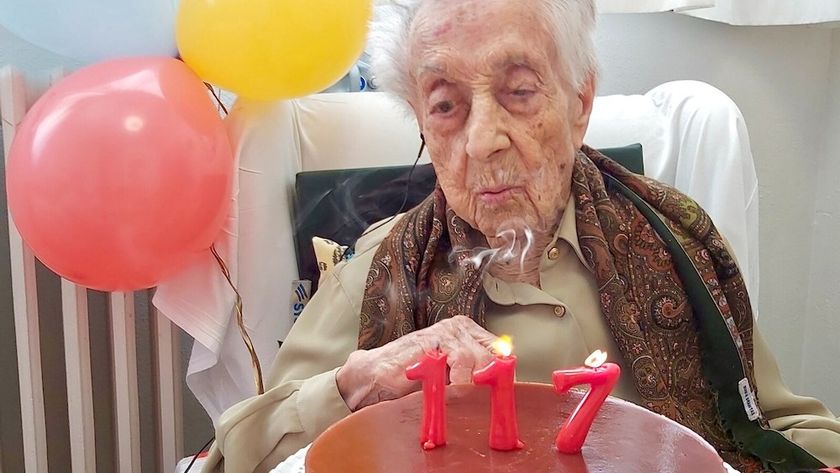Optimism Comes with Age

People tend to see the glass half full more frequently as they age, new research indicates.
Researchers showed test subjects virtual faces portraying sadness, anger, fear and happiness. They used eye-tracking technology to record which faces the subjects looked at and for how long.
Test subjects age 18-21 focused on the fear faces. Those 57 to 84 zeroed in on the happy faces and avoided the angry ones.
The participants were screened for cognitive ability—all were sharp.
What's it mean? Perhaps with their time on Earth getting shorter, people tend to focus on things that make them feel good now, the researchers figure. Whatever the reason, they seem motivated to avoid focusing on negative information.
"The study suggests that the way individuals in late life process information enables them to stay on an even emotional keel and feel good," said study leader Derek Isaacowitz of Brandeis University. "By focusing more on positive things and avoiding negative ones, older adults are able to maintain emotional resilience, which becomes acutely important in the face of dwindling time."
The study is detailed in the journal Psychology and Aging.
Sign up for the Live Science daily newsletter now
Get the world’s most fascinating discoveries delivered straight to your inbox.
Robert is an independent health and science journalist and writer based in Phoenix, Arizona. He is a former editor-in-chief of Live Science with over 20 years of experience as a reporter and editor. He has worked on websites such as Space.com and Tom's Guide, and is a contributor on Medium, covering how we age and how to optimize the mind and body through time. He has a journalism degree from Humboldt State University in California.













